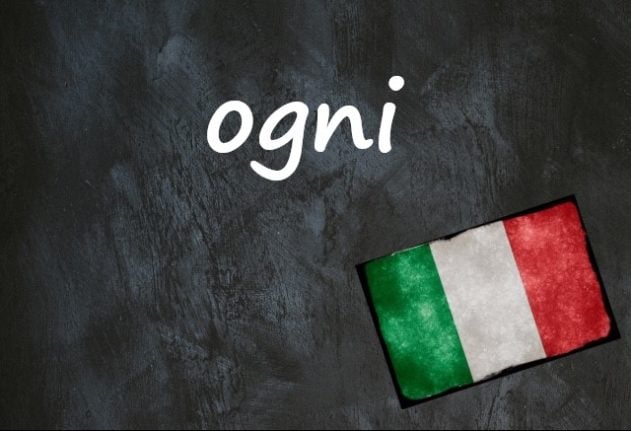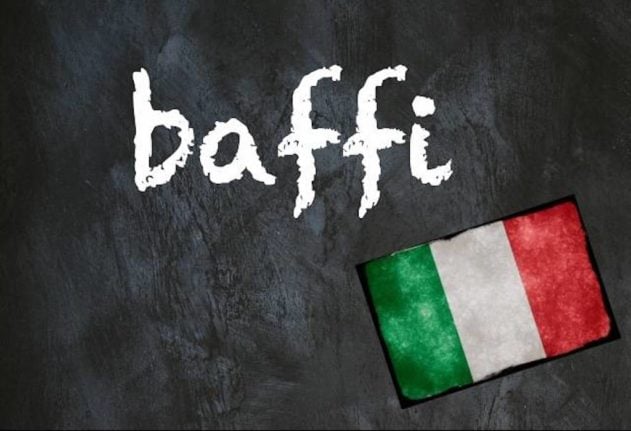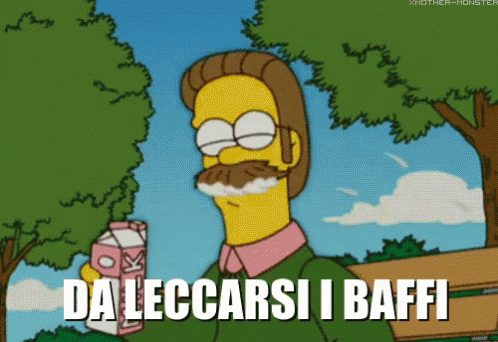Often, just one Italian word can mean the same thing as a handful of words in English. Today’s is just one example.
Ogni (pronounced on-yee) is a great word to know, as it’s so versatile and frequently used.
While we English speakers might use the words “each”, “every”, “any” and “all” to mean something slightly different, ogni means all of those things. Or, indeed, any of them.
– l’autobus passa ogni 20 minuti
– the bus comes past every 20 minutes
– È arrivato ogni alunno della scuola.
– Every pupil in the school was there.
– Ogni libro è splendidamente illustrato.
– Each book is beautifully illustrated.
Phrases including the word ogni are used frequently to mean things like everyone, everywhere, and every time.
– in ogni luogo
– everywhere
– ogni cosa
– everything
– da ogni parte
– from everywhere
– ad ogni modo
– anyway, anyhow
– ogni volta che
– whenever, every time that…
And the word forms part of lots of other common phrases.
– ogni tanto / una volta ogni tanto
– every so often
– in ogni caso
– In any case, anyhow
Once you know this, you’ll probably be able to figure out the meaning of ogni from the context. Unless, that is, it’s used in idioms like these:
– Ogni morte di papa
– “Every death of a pope,” which is used to talk about rare events, much like the English “once in a blue moon”.
– A ogni uccello il suo nido è bello.
“To every bird, his own nest is beautiful” – the closest translation in English is “There’s no place like home”.
Do you have an Italian word you’d like us to feature? If so, please email us with your suggestion.




 Please whitelist us to continue reading.
Please whitelist us to continue reading.
Member comments